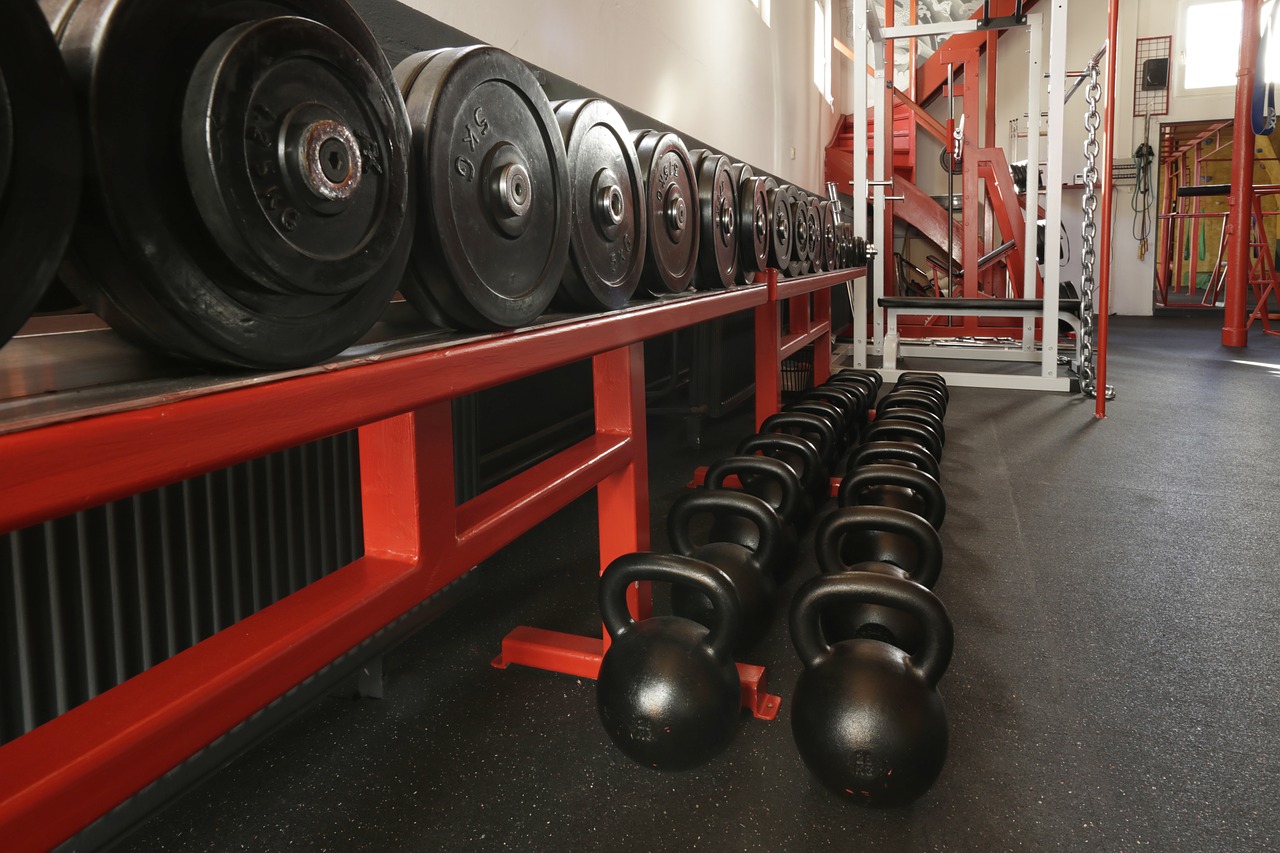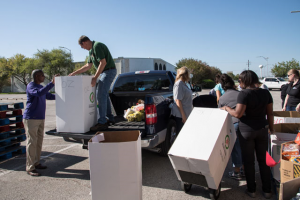Booster Club End of Year Checklist – 2024 Edition
It’s hard to believe that 2024 is juuuuust about over! As the winter breaks commence,

While monetary donations are always welcomed and accepted by booster clubs, another form of donation not often talked about is in-kind donations. Booster clubs accept in-kind donations because even though they may not be cash, they hold a monetary value and can do a lot to support a booster club financially.

In-kind donations are non-monetary gifts that are given in the form of goods or services. Giving an in-kind donation is different than gifting cash or stock because paperwork and research are involved in keeping everything fair and legal in the eyes of the government, especially the IRS.

With all of the extra paperwork required, you may think that it’s not worth the time and effort of a booster club to accept donated goods and services, but you’d be wrong.
While some things shouldn’t be accepted such as items that counter the group’s mission and values– having a clear outline for items and services that you’d willingly accept will help future donors to know how they can help assist your booster club.
Despite the extra work, receiving donated goods and services is often well worth the effort because it can create a win-win situation for everybody. The donor and the booster club both benefit in one way or another.
To accept in-kind donations of goods that are mission-based is a great way to reduce the booster club costs and help to fund activities.
For example, if a company donated brand new football gear to the team on behalf of the booster club, the club no longer needs to fundraise for this purchase and can now move on to other things that the team may need.
While this is incredibly helpful, remember that when you accept in-kind donations, there is a difference between services and goods. Each works differently and has its own set of standards and rules to follow.

In-kind services are professional services that are provided on behalf of a company. It can be from a large corporation, college, individual professional, or even tradesperson.
When you accept in-kind services from a company, you both benefit. Your booster club gets the service they need while the company gets good publicity within the community, thereby boosting its brand.
A common way that you could receive in-kind service donations is by having a company loan you a paid employee to give support.
An example would be if an accounting firm allowed you to use an accountant for a few hours to help get the booster club finances in order. The accountant will be paid by the company that they work for, and your booster club just saved money by not needing to pay someone for these services.
When you accept in-kind contributions such as these, there is usually no additional steps necessary. In-kind services are not tax-deductible for the person or group donating, as it’s a simple trade or gift. That being said, non-profits can offer some public recognition for the donor company in exchange for the service donation. This could help to even the exchange and provide a win-win for the company as well as the booster club.

Choosing to accept in-kind donations of goods requires that you stay up to date on local and federal laws. There are tax-implications of in-kind donations that affect both parties and therefore should be well researched before donations are made so that everything can remain legal and run smoothly.
While this mainly affects a tax-exempt nonprofit, when goods are given as booster club donations, it affects both parties at tax time. The donor will receive the face value or true value as a tax write-off while the booster club can turn around and sell the goods for physical cash or they can choose to keep the item as-is. The booster club will also need to report this information on their annual taxes.
Donated goods can be new or used, but for tax purposes, the fair market value or sale price is what will determine the amount that the donor can write-off.
Unlike with donated services, when you accept in-kind donations of goods, you are required to give a written receipt that includes the value of the item, for tax purposes. In fact, after determining the value of an item, 3 forms should be handled by the booster club.

While determining the value is usually the job of the donor, it could prove to be more beneficial for a booster club member to take on this responsibility as it can allow for unbiased valuation.
With in-kind gifts being a great donation for booster clubs, it’s important to make sure that you keep a record of the monetary value that these donations bring.
When determining the price, you should make sure to use the same scale or calculator as you do with future donations. Having a formal pricing valuation sheet including in your booster club Bylaws could help to keep the booster club using the same methods for years to come.
When you select a valuation method, you should apply it consistently as well as disclose it within your financial statements.
When you have the proper price-point for the donated goods, you will use this dollar amount on all your legal forms and receipts.

When your booster club receives a gift of over $250 in value, you are legally required to give a gift receipt to your donor. It’s also customary to include details on how the donated item will be used in a gift agreement.
Having this written agreement will ensure that both your club as well as the donor agree on the use. The agreement can also be used as a reference point should a dispute arise.
It’s good to have the written agreement in place before the donated item is officially received as this helps the timeline to run more efficiently. Once the item has been handed over, it’s time to issue a legal receipt.
You also have the option of giving an itemized receipt every time you accept in-kind donations, or you can give a summarized sheet of contributions before January 31st of the following year.
After the receipt has been issued to the donor, there is one last form needed, this time it’s for the booster club’s official records.
Make sure to send a formal thank you as soon as possible because this will help to reassure the donor that the gift was received and appreciated. It will also help to solidify your relationship.
Whether your booster club chooses to accept in-kind donations of goods and services or not, is up to your group. That being said, the benefits of accepting donated goods and services are numerous and valuable. While the necessary paperwork may take minutes to complete, the financial benefits of the in-kind contributions are lasting.

It’s hard to believe that 2024 is juuuuust about over! As the winter breaks commence,…
Happy Thanksgiving, Black Friday, Cyber Monday and all that! As we are heading into the…
It’s the last weekend before Thanksgiving, and we have had a really busy week. While…



It’s hard to believe that 2024 is juuuuust about over! As the winter breaks commence,

Happy Thanksgiving, Black Friday, Cyber Monday and all that! As we are heading into the

It’s the last weekend before Thanksgiving, and we have had a really busy week. While